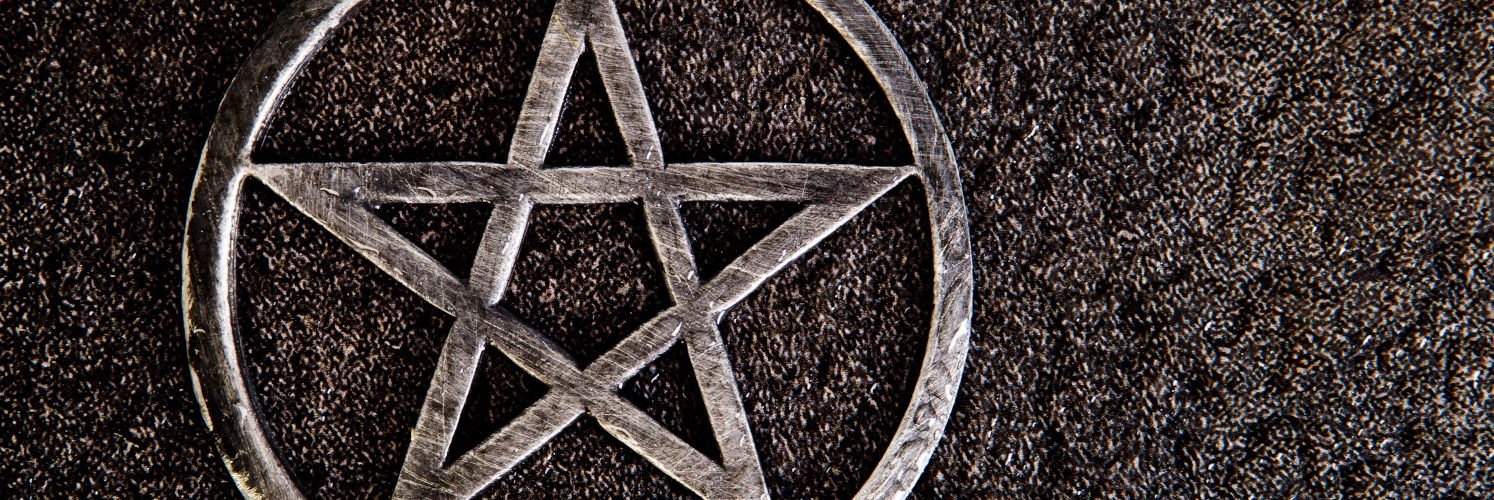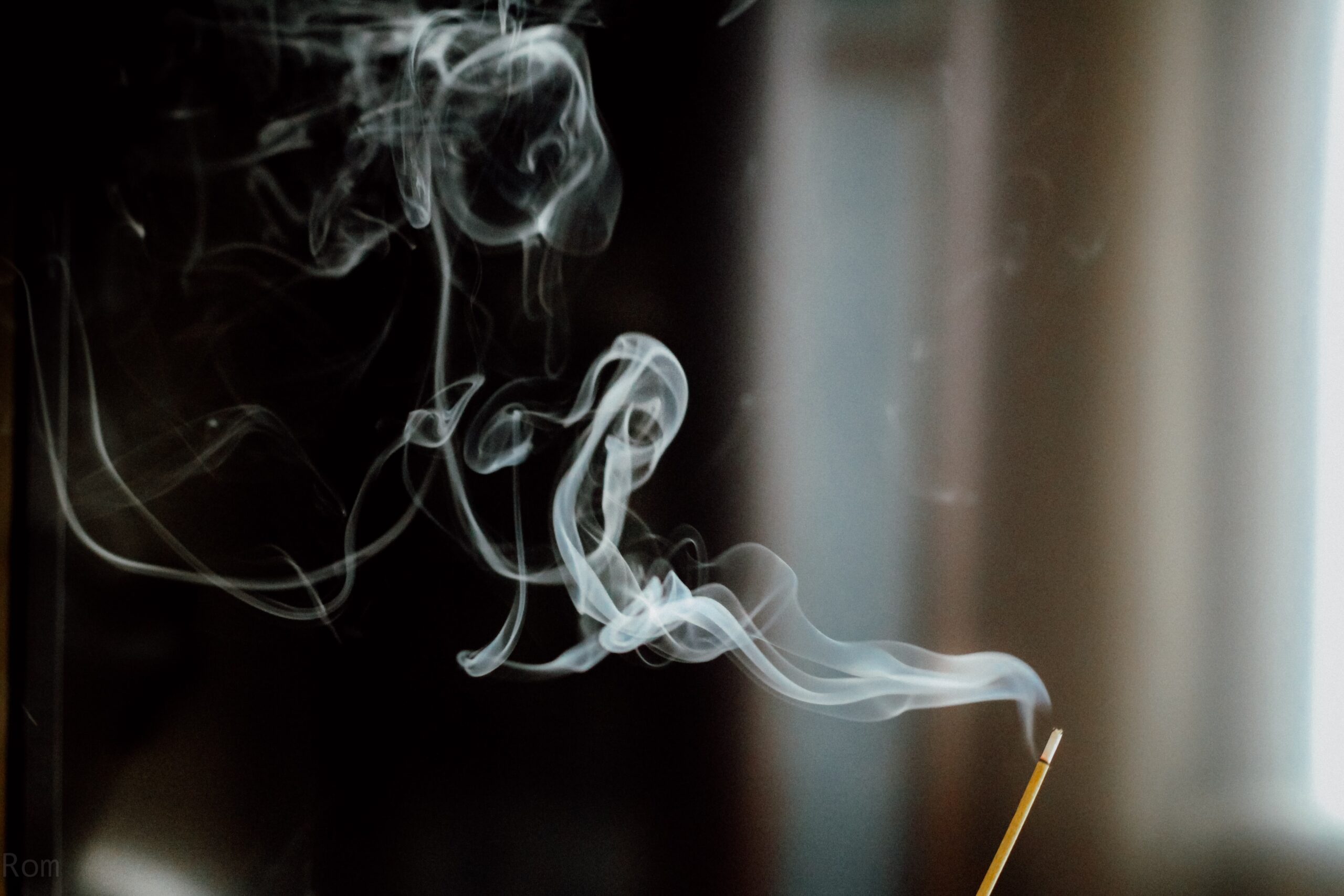One of the questions that I am routinely asked is whether or not a practitioner can be called to the service of a deity outside their cultural context. There’s a lot of concern in the Pagan world these days about cultural appropriation and the difference between cultural appropriation and cultural appreciation, and it is an important and often uncomfortable conversation for us as Pagans to have. We seem to have collectively agreed that there are certain acceptable cultures for us to draw from in our practice and that those acceptable cultures are either those of widespread (but no longer living) influence or those which are drawn from the practitioner’s own genetic or social heritage. As a result, we see some gatekeeping in the name of combating cultural appropriation when practitioners, especially inexperienced practitioners, are drawn in a different direction than one would expect from the color of their skin or the culture of their upbringing.
I don’t want to downplay the importance of the appropriation-versus-appreciation discussion. But I do feel that one important consideration has been ignored: the agency of the deities that are involved in calling a practitioner to their service. It seems to me that we can either accept that all deities, regardless of their cultural context, have the same sort of sentience as human beings – or we can argue that they don’t and if that’s the case then we’ve put ourselves above them, which is the very height of hubris. The whole reason for establishing relationships with deities is to avail ourselves of their power and wisdom and their different points of view about the struggles of earthly life and to maintain a connection to something larger than ourselves while we discern our purpose in life and go about the Great Work of realizing that purpose. In return, those deities often ask us to work their will in the world in some way, whether that’s keeping their stories alive or championing a certain cause or simply acting in a manner consistent with their values.
The point of contention seems to be human beings thinking they know better than the gods.
At the beginning of my practice, I called to Ceridwen and asked to be her priestess. She asked me if I knew what that meant. I replied that I didn’t fully understand all that went into being her priestess, but that I wanted to be hers and I was willing to sacrifice whatever was necessary in order to work with her. Ceridwen’s answer? “So be it.”
Now, I am not Welsh. As far as I know, I don’t have any Welsh ancestry, at least in my current lifetime. But in over 20 years of service to Ceridwen, I have developed a strong appreciation for Welsh language, culture, and folklore. And because I am White, no one would even question why I was devoted to a deity from the British Isles. But a Black person who is drawn to Celtic deities is almost always asked something to the effect of “Why don’t you work with African deities?” News flash, folks. Black people have been in the British Isles for at least a couple of thousand years. There’s no reason to gatekeep a pantheon because you think someone isn’t qualified to worship a particular deity.
My first student, a White queer man, studied Wicca for a while but ultimately decided that Vodou was what spoke to his soul. When I heard this, I was taken aback because I knew Vodou was very specifically an African Diasporic Religion, and in order for him to fully practice it, he would need to be accepted by a whole community of people who would be suspicious of his devotion because of the color of his skin. I was concerned that he would have to practice an inauthentic path based on academic texts or beginner books where Vodou’s deep mysteries are not discussed. But don’t you know he found that community and was accepted into it.
In both of these cases, race is a defining issue. The Pagan community seems to have agreed that you should never work with deities outside of your genetic or social heritage. But in reality, deities from all sorts of places, timeframes, and cultural contexts can seek out a devotee, just as a devotee can call to all manner of deities and petition for patronage.
Wicca has an ethic of personal responsibility, and that ethic extends to our relationship with deities as well as our relationships with those in the earthly realm. Every practitioner needs to endeavor to understand the intricate details of the deities they work with. To me, that means diving deep into the world of that deity – the names they are called by, the culture from which they arose, the stories they play a part in, the symbols associated with them, the traditional offerings they’re accustomed to receiving, and what it takes to properly be a priestess or priest in their service. The other thing that cannot be ignored is the community that worships that deity. With the rise of Neopaganism, there are now well-established traditions centered on reconstructing ancient religious practices. There are also traditions that have been around for far longer than Neopaganism and have well-established qualifications and procedures for admitting new devotees into their ranks. Some of those qualifications are built around race and cultural heritage and shared experience. It’s not all meant for White people, and it’s an important skill to learn to be able to accept rejection gracefully and to magnify the voices of others rather than speak over them.
So, for example, what if you’re called by an Indigenous deity? No one is trying to dictate your personal relationship with that deity. Your private rituals and prayers are your own. But you need to understand that deities of all sorts represent the values of the culture from which they arose. They are not separate from the culture and the community. You may be welcomed with open arms by a community, or you may be told (sometimes very firmly) that you’re not welcome. If that’s the case, and it may well be, then the responsible thing to do is to either respectfully part company with that deity or to keep your worship and study private. But question from the very first why it is that you think this deity has taken an interest in you. Is it because of something in this life, a connection from a different life, a keen interest in the culture from which the deity arose? Or is it because you are struggling to find something authentic in your spiritual practice? Is it that the grass seems greener on the other side of the fence? These are the difficult questions you need to ask yourself.
Also remember that there are many open religious traditions across the world that would welcome you should you decide that Paganism was a temporary part of your spiritual journey. For example, Hinduism is open to all who wish to worship the Hindu deities, but it is considered very rude to take the deities out of that context and worship them in another format (i.e. Wicca or Paganism). Shinto, the state religion of Japan, is also an open religion. Many traditions of Buddhism are open as well. It’s okay to leave Paganism if that’s where your heart leads.
I leave you with this thought: we are human and the gods are the gods. They have a different perspective on space, time, and reality than we do. We may be attracted to them for reasons that serve us, and they may call to us for reasons that serve them. Discernment is the first step in keeping us honest about our relationships with noncorporeal beings and ensuring that we’re being respectful of the people and culture associated with that deity. But at the end of the day, the gods know what they’re doing even if we don’t. Be respectful, and have faith.

